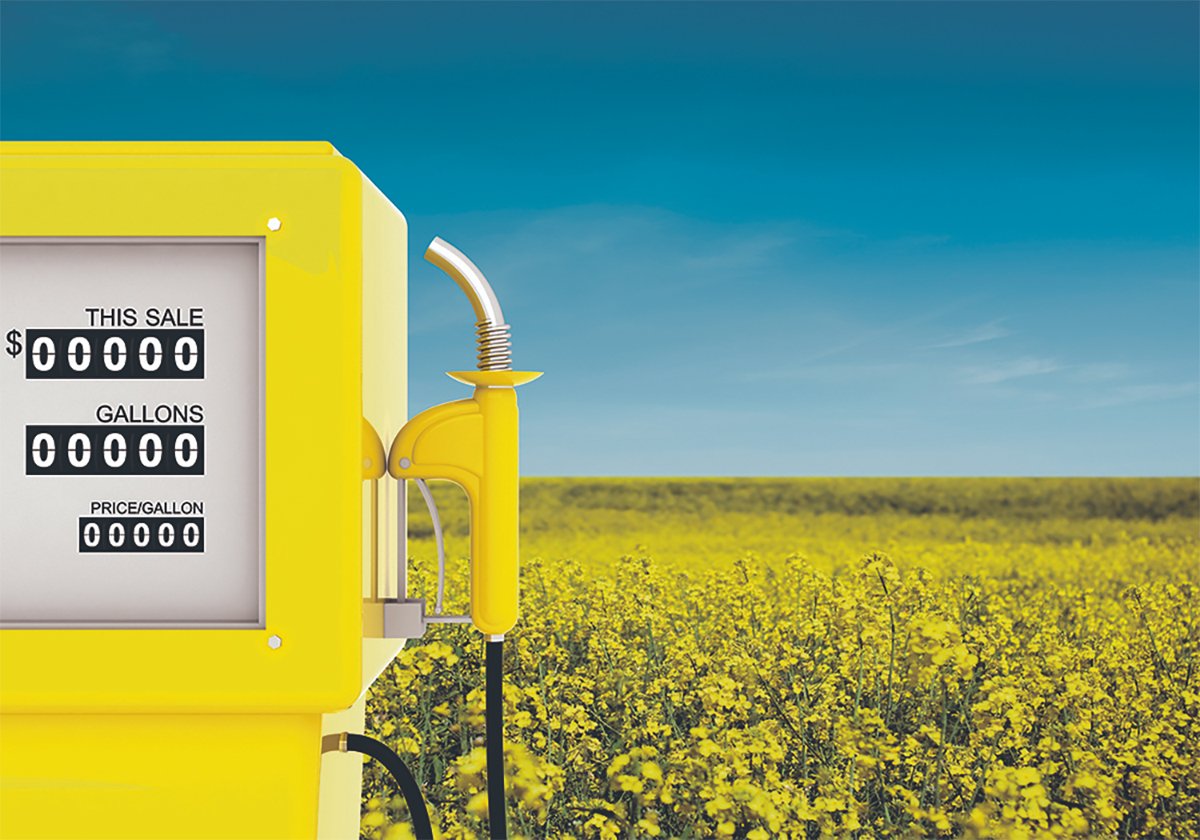All prairie wheat growers will have a chance to trade delivery opportunities next crop year.
The Canadian Wheat Board is expanding its Delivery Exchange Contracts program, which is designed to provide producers with guaranteed acceptance, increased delivery flexibility and more control over cash flow.
Last year, a pilot program operated in southern Saskatchewan.
Only 124 producers signed up, delivering 71,000 tonnes, far less than the 250,000 tonne cap. Only one trade took place.
In 2007-08 the contracts will be available to all producers and the cap will rise to 500,000 tonnes.
Read Also

Biofuel sector happy with federal budget
Advanced Biofuels Canada says new Biofuel Production Incentive is a lifeline until CFR amendments are in place.
David Simonot, CWB director of farmer relations, said the board was relatively pleased with the first year, despite the seemingly low response.
“As with all of the new programs we offer, it often takes a couple of years before farmers feel comfortable with it,” he said, citing the board’s Producer Payment Options as an example.
This program is perhaps more difficult to sell to farmers, he said, because it introduces a new concept.
Here’s how the delivery exchange contracts work:
A contract holder indicates how much contracted grain he wants to deliver in each of four delivery periods covering the crop year.
A farmer who wants to deliver earlier in the year can swap his delivery opportunity with a farmer who is prepared to deliver later.
The two farmers are free to negotiate financial or other arrangements to consummate a deal, but the CWB must approve it.
An informal survey of first year participants found that guaranteed acceptance was the most attractive feature, followed by defined delivery periods and the ability to trade.
Simonot said the board expects to see more interest in trading next year as farmers learn more about the program and as enrolment increases.
“We hope that if we have five or 10 times as many farmers participating next year, then there will be that much more potential for trading to take place,” he said.
One other change is an extension of the sign-up deadline to Nov. 30 from Oct. 31 to allow more time for transition from old crop to new crop.
CWB director Rod Flaman, who has championed a delivery trading program for years, said he’s happy the program is being expanded, adding he’d also like to see other changes to make the program more attractive:
- He wants an electronic trading system that would enable price discovery. Farmers now have no idea how much a delivery opportunity is worth.
“It’s a product that’s never been sold before,” he said. “It could be worth 10 cents a tonne or $10 a tonne.”
Simonot said the board is studying the idea, but will have to be convinced the cost of a trading system is justified.














